From the Dean's Desk
Dear Friends,
This Sunday our liturgy provides us with what must be one of the most difficult of all aspects of our faith – that of the Trinity. The Trinity is a mystery that can leave us a little baffled as we struggle with terms such as co-equal, consubstantial and co-eternal! And yet, as the Catechism of the Catholic Church reminds us that ‘the Most Holy Trinity is the central mystery of Christian faith and life. It is the mystery of God himself. It is therefore the source of all the other mysteries of faith, the light that enlightens them’ [CCC # 234]. As complicated a mystery as it is, it is perhaps the first theological aspect of the faith that was presented to us at an early age, when our parents and educators taught us to bless ourselves ‘in the name of the Father, and of the Son, and of the Holy Spirit.’ Last week we were presented with an aspect of the life of the Trinity when we celebrated Pentecost – the work of the Holy Spirit in the life of the early Christian community and beyond.
Thankfully the readings for today’s liturgy allow us some knowledge of the life of the Triune God. Our image of the Old Testament God is usually one of wrath, anger and unrelenting judgement. And yet today’s first reading from Exodus [34:4-6.8-9], has God making a profound self-revelation about the Godhead: ‘…a God of tenderness and compassion, slow to anger, rich in kindness and faithfulness’ [v 6]. What a tremendous description of God! In the second reading [2 Corinthians 13:11-13] we have Paul referring to ‘the God of love and peace’. He concludes his letter with the salutation that we normally hear at the beginning of Mass: ‘the grace of the Lord Jesus Christ, the love of God and fellowship of the Holy Spirit be with you all.’ The Gospel reading [John 3:16-18] reminds us of God’s love for us, so much so that ‘he gave his only Son’ so that through our belief in Him we may ‘not be lost but have eternal life.’
When we speak of God as Trinity, we are not referring to three gods. We cannot speak of God as Trinity without speaking of the economy of salvation – our continued relationship with God, the ways in which God had revealed to us through the ages his Presence, ultimately in the Person of Jesus Christ. In contemplating the mystery of the Trinity, then, we find that our readings tell us something of God’s activity – an activity based on his love for us. In the Trinity
- We experience a Father who creates out of love;
- We experience a Son who redeems and reconciles out of love;
- We experience a Spirit who inspires and sustains out of love.
In the Nicaean Creed we state that we believe ‘…in One God, the Father, The Almighty, maker of heaven and earth…in Jesus Christ, the only begotten Son…for us men and for our salvation came down from heaven…born of the Virgin Mary…suffered, died, and was buried…rose again…ascended into heaven…will come again…and his kingdom will have no end…we believe in the Holy Spirit, the Lord and Giver of life, who proceeds from the Father and the Son, who with the Father and the Son is worshipped and glorified, who has spoken through the prophets…’ These statements speak of the working and continued presence of the Trinity in our human story. The Trinity speaks of a God who invites us to share the community of love which is part of the life of the Trinity. I invite you to meditate on Rublev’s icon of the Trinity in our Cathedral Hall. It speaks to us of the invitation that is extended to all of us to enter into its community of love.
Our contemplation of the Trinity then is one that invites us to live out these attributes in our dealings with others, so that in and through our love for each other our actions may be creative, reconciling, inspiring and sustaining. In living such a life then indeed ‘the grace of our Lord Jesus Christ, the love of God and the fellowship of the Holy Spirit’ will certainly be with us!
Fr Bob Bossini
Dean and Parish Priest
